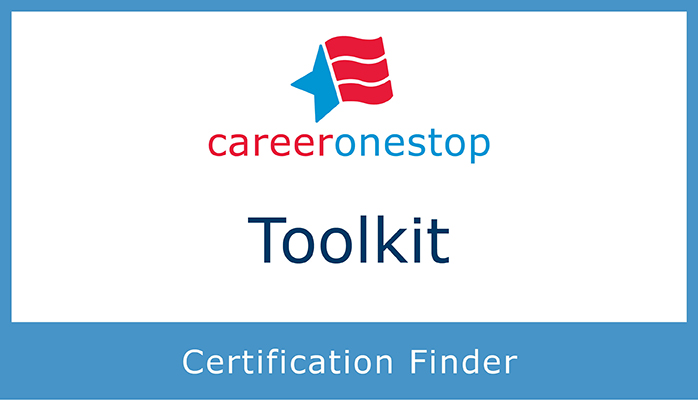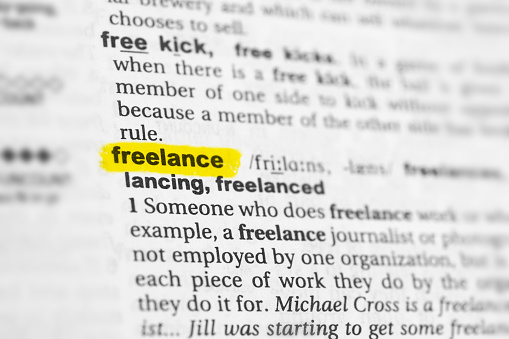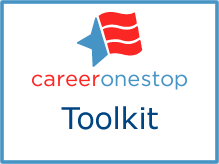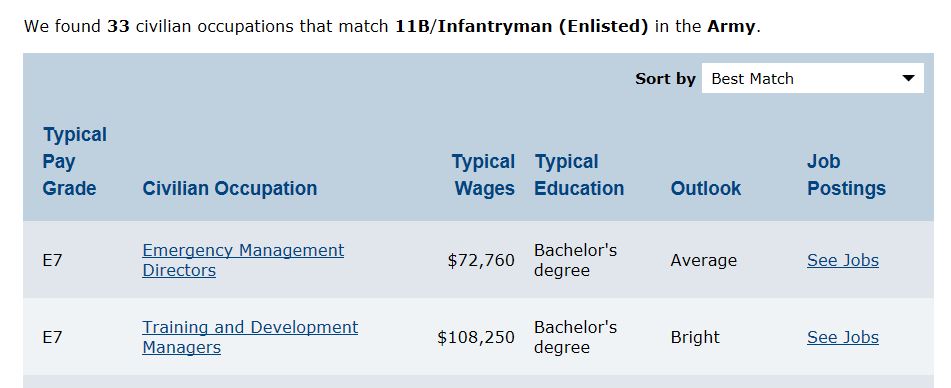
March is National Professional Social Work Month, and CareerOneStop is thinking about criminal justice social workers who help formerly incarcerated individuals transition to life outside of prison. More than 650,000 people are released from prison each year in the United States, and according to the U.S. Department of Justice, around two-thirds of those individuals are likely to be re-arrested within three years.
 Social workers play a huge role in helping former prisoners re-enter their communities and stay out of prison. Studies have shown that assisting ex-prisoners in finding and keeping employment, identifying transitional housing, and receiving mentoring are three key elements of successful re-entry; and criminal justice social workers do all of those.
Social workers play a huge role in helping former prisoners re-enter their communities and stay out of prison. Studies have shown that assisting ex-prisoners in finding and keeping employment, identifying transitional housing, and receiving mentoring are three key elements of successful re-entry; and criminal justice social workers do all of those.
Are you a criminal justice social worker? CareerOneStop has a a website of resources just for you: Job Search Help for Ex-Offenders provides a collection of career, education and job search resources to help people with criminal records gain meaningful employment. Visit the website to find resources to help you assist your clients, or have your clients spend time on the website themselves; it’s designed for easy use by people without extensive research or Internet experience. The website includes four main sections:
Explore Careers includes:
- How skills and interests match up to jobs
- Work restrictions that apply for certain convictions
- How to set career goals
Get Training includes:
- Basic skills training like math, English, and computer use
- Getting a GED
- Short-term training programs
- Paying for training or college
Find a Job includes:
- Tips for job applications, resumes, and references
- A Job Finder to search local openings
- How to talk about a conviction in interviews
And Find State Resources provides help with basic needs or getting ready to job search including:
- Basic needs like housing, food support, and medical care
- Finding legal assistance
- Getting a driver’s license and other vital records
- Finding training and employment


 “If I include everything I’ve done, the employer can see my great potential.”
“If I include everything I’ve done, the employer can see my great potential.”
 If you’re in your fifties, sixties, or seventies and planning to keep working for a while, you’re in good company.
If you’re in your fifties, sixties, or seventies and planning to keep working for a while, you’re in good company. 






 Check out the new
Check out the new 

 Wondering what the hot careers will be in 2019? And once you identify them, are you curious to know how you can boost your own credentials to earn a job in an in-demand field?
Wondering what the hot careers will be in 2019? And once you identify them, are you curious to know how you can boost your own credentials to earn a job in an in-demand field?
 If you’re ready to start 2019 with a new career plan, make a glimpse of the job market your starting line.
If you’re ready to start 2019 with a new career plan, make a glimpse of the job market your starting line.
 Do you love all things food? Wish you could work with and around food as a career? Here are five ideas to consider.
Do you love all things food? Wish you could work with and around food as a career? Here are five ideas to consider.